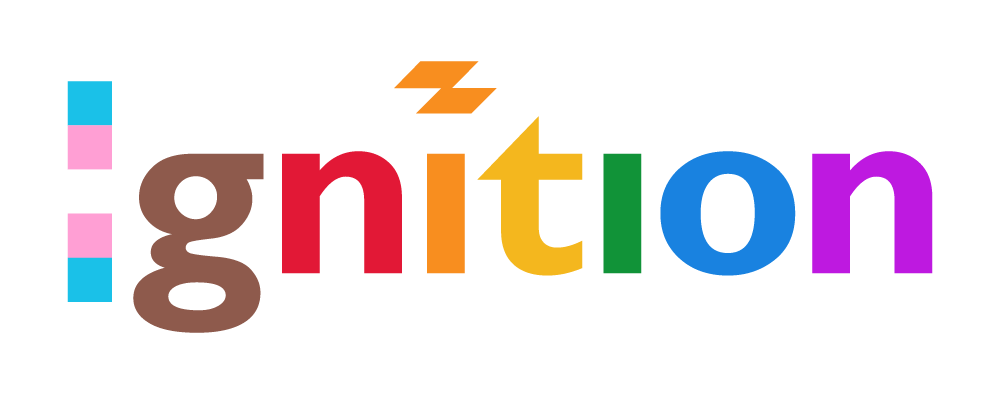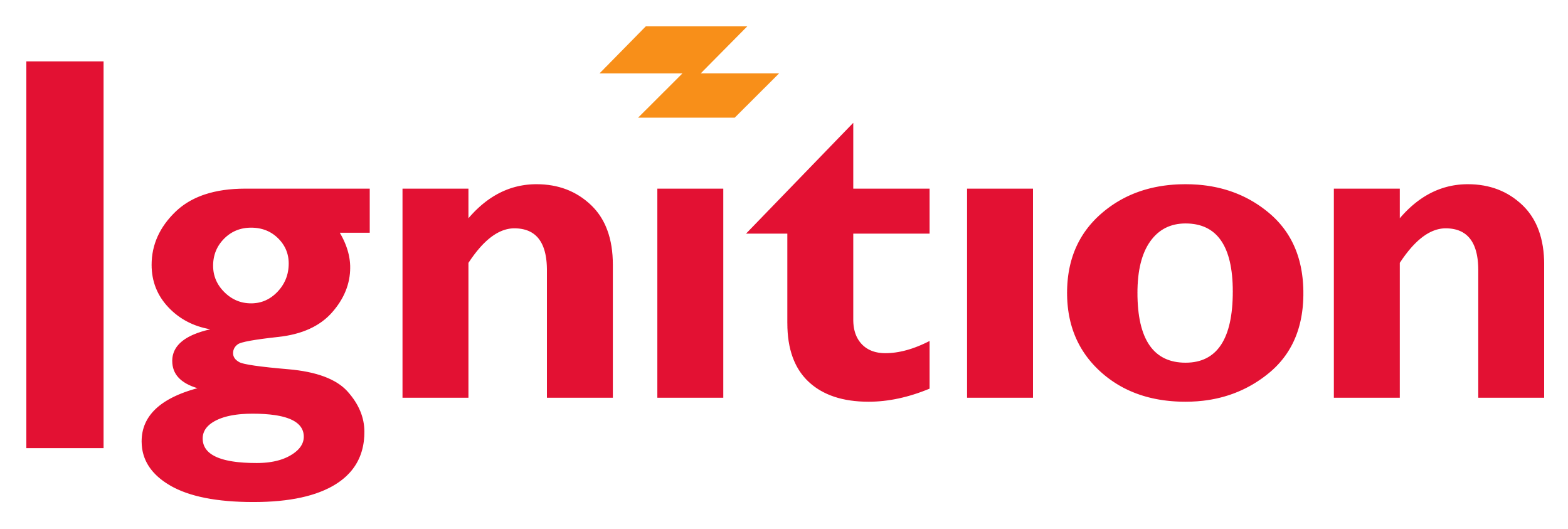Welcome to the world of SOC 2 for startups! Back in the day, AICPA waved its wand and brought forth SOC 2, marking the beginning of a magnificent compliance framework that demands your attention. If you’re a startup offering services and dealing with customer data (or your customers’ customers’ data), achieving SOC 2 accreditation is a smart move.
In this blog, we’ll dive deep into the essence of SOC 2 for startups, shedding light on its significance as a valuable business asset. We’ll explore what SOC 2 is, why it matters, and how you can approach it strategically. So, fasten your seatbelts and join us on this enlightening journey.
Understanding SOC 2: A Brief Recap
Before we get into the nitty-gritty of SOC 2, let’s refresh our memory. SOC 2, short for System and Organization Controls 2, is a comprehensive framework that assesses the security, availability, processing integrity, confidentiality, and data privacy within an organization. It provides a robust structure for evaluating and ensuring the trustworthiness and effectiveness of an organization’s systems and processes.
To kickstart our journey, let’s have some fun with a collection of intriguing SOC 2 facts below:
| Fun SOC 2 Facts | |
The American Institute of Certified Public Accountants (AICPA) created SOC 2 to provide a standardized approach to assess how service organizations dealt with sensitive data. | |
| SOC 2 is a framework of five Trust Service Criteria (TSC): Security, Availability, Processing Integrity, Privacy, and Confidentiality. | |
| Organizations choose which aspects of SOC 2 to work towards: only the Security TSC is mandatory, and they can choose between two types of audit report: Type 1 and Type 2. | |
| Type 1 assesses the suitability of controls at a single point in time. Type 2 assesses the suitability and effectiveness of controls over a period of time. |
Why Is SOC 2 Especially Useful for Startups?
Let us count the ways:
1. Builds Trust With Investors and Customers
SOC 2 isn’t just some obscure qualification known only to a select few individuals and their hairless cats. On the contrary, it is a widely recognized and respected accreditation within the industry, serving as a trusted standard for service organizations. Customers and investors alike are well aware of its significance and value.
What sets SOC 2 apart is its independent assessment process. By pursuing SOC 2 compliance, you undergo a thorough evaluation that provides external validation of your data security controls and processes. This validation demonstrates your ability to safeguard your clients’ data effectively. Furthermore, the effort you invest in achieving SOC 2 showcases your proactive commitment to data safety and exceptional customer service.
The tangible benefits of SOC 2 for startups extend beyond compliance alone. Building trust with both customers and investors becomes a natural outcome. Your customers can rest assured knowing that you prioritize the security of their data, instilling confidence in the longevity of your partnership. Investors, on the other hand, recognize that you’re not likely to become tomorrow’s headline news, unlike certain startups such as DoorDash or Clubhouse. By obtaining SOC 2 compliance, you become a reliable and secure choice, earning the trust and confidence of potential investors when it comes to safeguarding their financial interests.
2. Gain a Competitive Advantage
Picture this: You’re a dynamic startup that’s all about cutting-edge innovations. Just as employees earn certificates to enhance their professional skills, you’ve gone the extra mile by obtaining SOC 2 accreditation. Meanwhile, your competitor, another cool startup, also deals with customer data but lacks SOC 2 accreditation. In the shadows lurks BigRichCorp, a hefty corporation seeking to partner with a startup that aligns with its stringent procurement security standards.
Now, let’s unveil the winner of this love triangle. Drumroll, please! It’s you! Thanks to your SOC 2 accreditation, you effortlessly tick all the boxes on BigRichCorp’s security checklist. This gives you a distinct advantage over your non-accredited competitor, paving the way for lucrative collaborations and opportunities. Now your team and your company are earning certificates! It just makes sense.
3. Gives You A Leg Up With Other Compliance Certifications
If your startup operates in industries like healthcare or if you use cardholder data, you’ll most likely need to comply with regulations such as HIPAA or PCI DISS. If you’re SOC 2 accredited, you’ll be well on the way to satisfying these and other regulations. SOC 2 hits many tables with a single piece of gum. Yum!
4. Improves and Streamlines Your Business Processes
Working towards SOC 2 isn’t just about avoiding business disruption and loss of reputation caused by data breaches or system failures. It also helps you adopt business practices and mechanisms that improve your business processes or help you reduce costs, e.g., through mobile device management, cloud single sign-on, and spares management. Go you!
Choosing Between SOC 2 for Startups: Type 1 or Type 2?
Deciding whether to pursue the quick win with a Type 1 or embark on a deep dive into All The Assurance with a Type 2 can be a challenging decision. Ultimately, the choice will depend on your specific business, its objectives, and the direction you wish to pursue. To help you navigate this decision-making process, let’s explore the pros and cons of each type of SOC 2 report:
| SOC 2 Type 1 Report | |
| Pros | Cons |
|
|
| SOC 2 Type 2 Report | |
| Pros | Cons |
|
|
Is SOC 2 the Missing Piece in Your Puzzle?
Now, listen up. You might be tempted to overlook SOC 2 for startups. After all, it’s not a legal requirement. But let’s ponder on this for a moment. SOC 2 is a formidable asset that can shape your reputation and establish credibility in the Big Kid playground of business. Embracing SOC 2 as a startup showcases your unwavering commitment to robust data security practices and your fearless determination to excel.
So, where do you begin? Just give us a call, and we’ll unveil our oh-so-secret methodology to knock off 29 SOC 2 controls with a single stroke (hint: it involves MDM). We understand precisely what SOC 2 auditors look for, and we’re here to provide you with a head start. And if you’re facing any SOC 2 gaps, worry not! Gap remediation is our specialty, and we’re ready to guide you through the process.
Ignition is Silicon Valley’s best (and friendliest) IT security, compliance, and support team. Contact us now – chatting about IT support and cybersecurity is our favorite thing to do!

